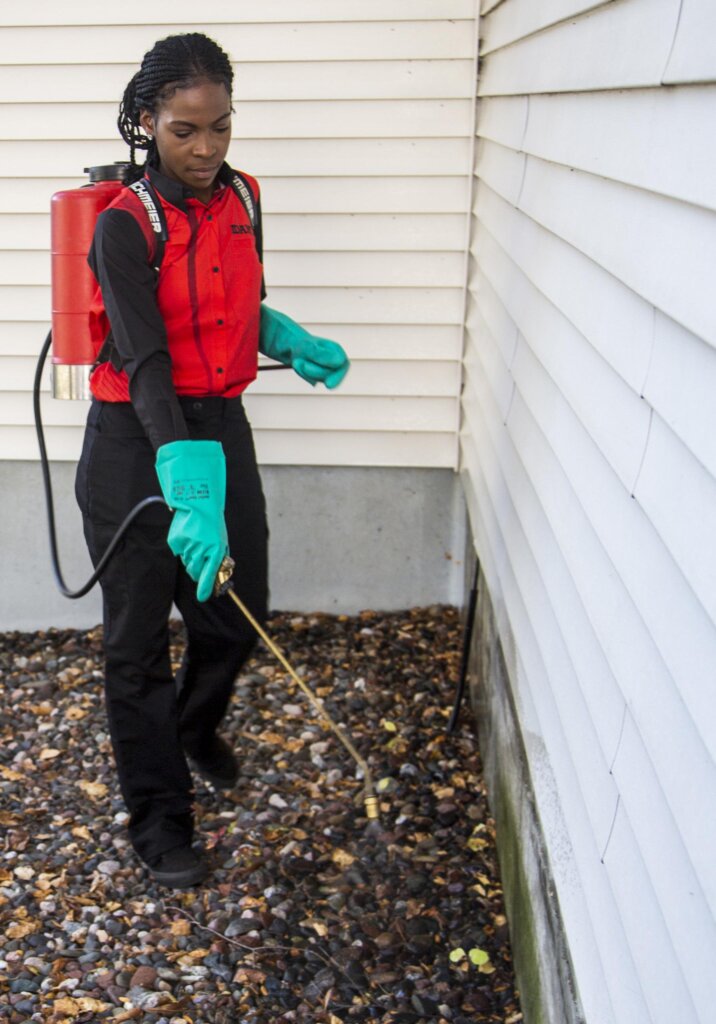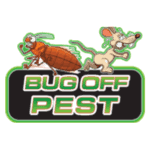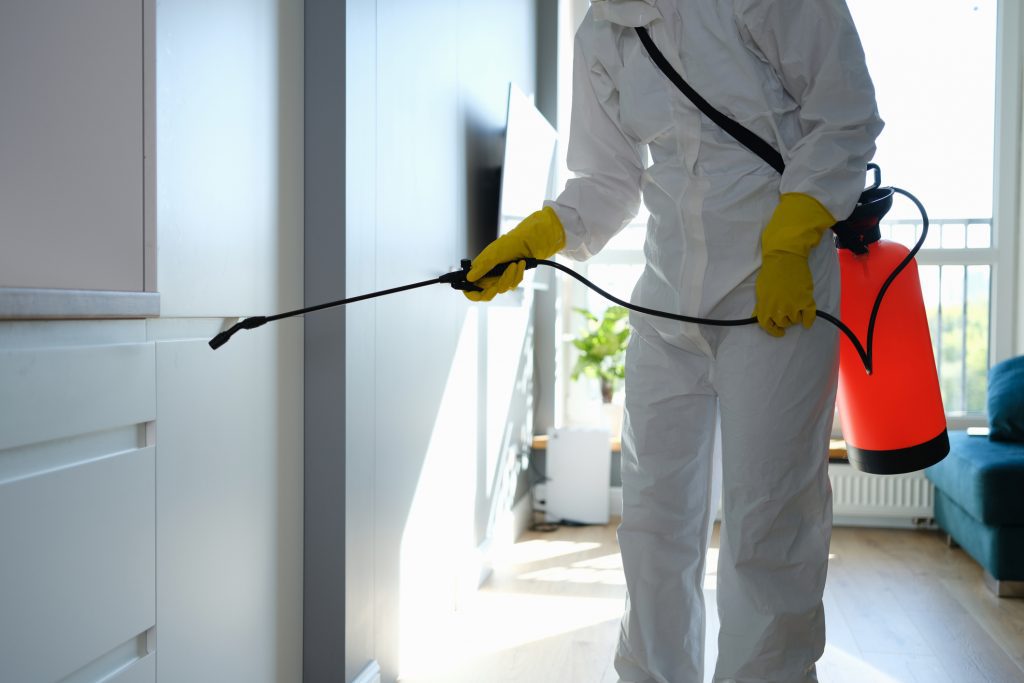Discovering Ingenious Methods and Products for Reliable Insect Control
The landscape of bug control is progressing, noted by the appearance of ingenious techniques and items made to improve efficiency and sustainability. From smart catches geared up with sophisticated monitoring systems to organic approaches that use all-natural predators, these improvements provide a paradigm shift in exactly how we come close to pest monitoring.
Smart Traps and Keeping An Eye On Equipments
Exactly how can contemporary technology enhance pest management? One considerable advancement is the growth of smart catches and keeping track of systems, which offer real-time data and analytics for reliable parasite control. These systems make use of sensors and wireless technology to detect parasite activity, informing property supervisors and parasite control specialists to infestations before they rise.
Smart traps are geared up with features such as bait terminals that draw in parasites and capture them efficiently. These traps can be monitored from another location, enabling timely treatments and minimizing the demand for considerable chemical applications. Additionally, the combination of artificial intelligence algorithms makes it possible for these systems to set apart in between target bugs and non-target species, enhancing the accuracy of bug control steps.
Additionally, the data gathered from wise traps can be assessed to determine patterns in bug actions and environmental variables adding to problems (Pest Control in Port Charlotte). This info is invaluable for creating targeted pest administration techniques tailored to certain atmospheres. By embracing clever traps and keeping an eye on systems, bug control specialists can enhance their functional effectiveness and reduce the environmental influence of insect management, eventually leading to more secure and extra lasting practices in the sector
Organic Insect Control Approaches
Utilizing all-natural predators and bloodsuckers, organic pest control techniques offer an ecologically pleasant option to chemical treatments. This technique involves the intro or enhancement of specific microorganisms that can normally regulate insect populaces, consequently decreasing dependence on artificial chemicals. Usual examples consist of the use of ladybugs to manage aphid problems and parasitical wasps to target caterpillars.

Organic control can be categorized right into 3 main strategies: classic, augmentative, and preservation. Timeless organic control includes importing all-natural adversaries from the insect's native environment, while augmentative control entails boosting the populace of existing natural adversaries through releases. Preservation strategies concentrate on producing problems that sustain these valuable organisms in the ecosystem.
The performance of biological pest control pivots on comprehending the intricate communications within communities. It typically calls for an extensive evaluation of bug characteristics and the life cycles of both the parasites and their all-natural opponents. While organic techniques may not give prompt outcomes like chemical alternatives, they add to long-term pest management and community health and wellness. As awareness of ecological issues expands, organic pest control techniques are progressively identified for their lasting duty in integrated pest management programs.
Eco-Friendly Chemical Alternatives
Eco-friendly chemical options give a practical remedy for bug administration that decreases ecological effect while properly controlling pest populations. These alternatives are originated from all-natural resources and are carefully created to target details pests without damaging beneficial microorganisms, making them an essential part of sustainable pest control methods.
Amongst one of the most efficient green alternatives are plant-based pesticides, such as neem oil and pyrethrin, which are originated from the seeds and flowers of different plants. These substances interfere with the life cycles of bugs, decreasing their populations without the poisonous results connected with conventional pesticides - Pest Control in Port Charlotte. In addition, crucial oils like peppermint and clove oil exhibit repellent properties, additionally boosting their energy in insect management

In addition, environment-friendly chemical alternatives usually break down much more content promptly in the environment, decreasing the threat of soil and water contamination. This characteristic aligns with the raising consumer need for sustainable techniques in farming and urban parasite control. As study proceeds to development, the development of cutting-edge environment-friendly formulations will better improve effectiveness and widen application locations, allowing pest monitoring experts to take on greener, extra liable approaches in their methods while securing human health and wellness and the atmosphere.
Scent Disturbance Methods
An additional innovative method in lasting bug monitoring is making use of pheromone interruption strategies. These methods manipulate the natural chemical signals, or pheromones, that bugs utilize for interaction, especially in mating habits. By disrupting these signals, bug populations can be properly handled without considering harmful chemicals.
Pheromone traps are commonly employed in this approach. Over time, this can lead to a considerable decline in bug populaces.

Integrated Parasite Monitoring Methods
Efficient bug control often needs a thorough technique, and Integrated Bug Monitoring (IPM) methods offer a framework for achieving this objective. IPM incorporates different administration practices to reduce insect populations while minimizing reliance on chemical pesticides. This diverse technique begins with thorough monitoring and identification of pests, enabling targeted interventions based on certain parasite stress.
Social methods, such read the article as plant turning and sanitation, play an essential function in avoiding insect establishment. Organic controls, including natural predators and parasitoids, are utilized to preserve parasite populaces at workable degrees. When needed, selective chemical treatments are used, stressing lower toxicity to non-target varieties and the atmosphere.
In addition, education and outreach are integral elements of IPM, promoting recognition among stakeholders regarding lasting methods and pest life cycles. The versatility of IPM enables experts to respond efficiently to altering insect characteristics and ecological conditions. By click here for more info using this all natural strategy, IPM not only enhances parasite control efficiency but additionally adds to lasting environmental balance. Eventually, Integrated Parasite Administration stands for a forward-thinking option that lines up agricultural performance with ecological stewardship, making it crucial in modern insect control strategies.

Final Thought
In verdict, the assimilation of ingenious methods and items for efficient insect control stands for a substantial advancement in sustainable pest administration. Smart catches and monitoring systems, biological parasite control techniques, environmentally friendly chemical alternatives, and scent disturbance techniques collectively boost the performance of pest management methods. By embracing these approaches, the reliance on conventional chemicals can be lowered, advertising ecological health and wellness while ensuring effective parasite control. Continued research study and growth in these locations will even more boost bug management practices.